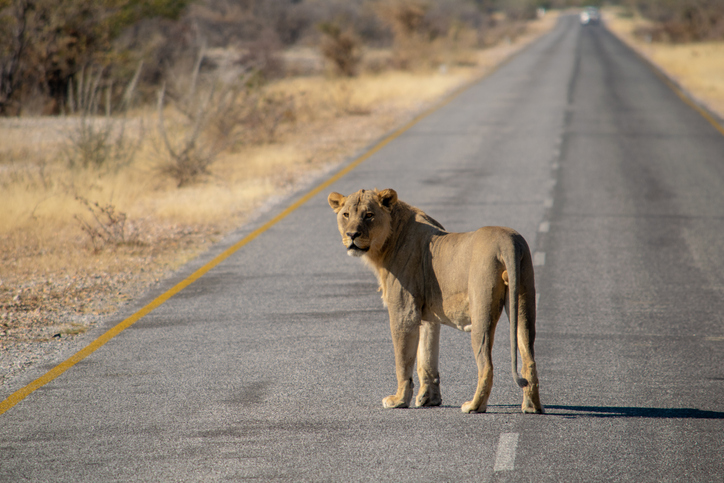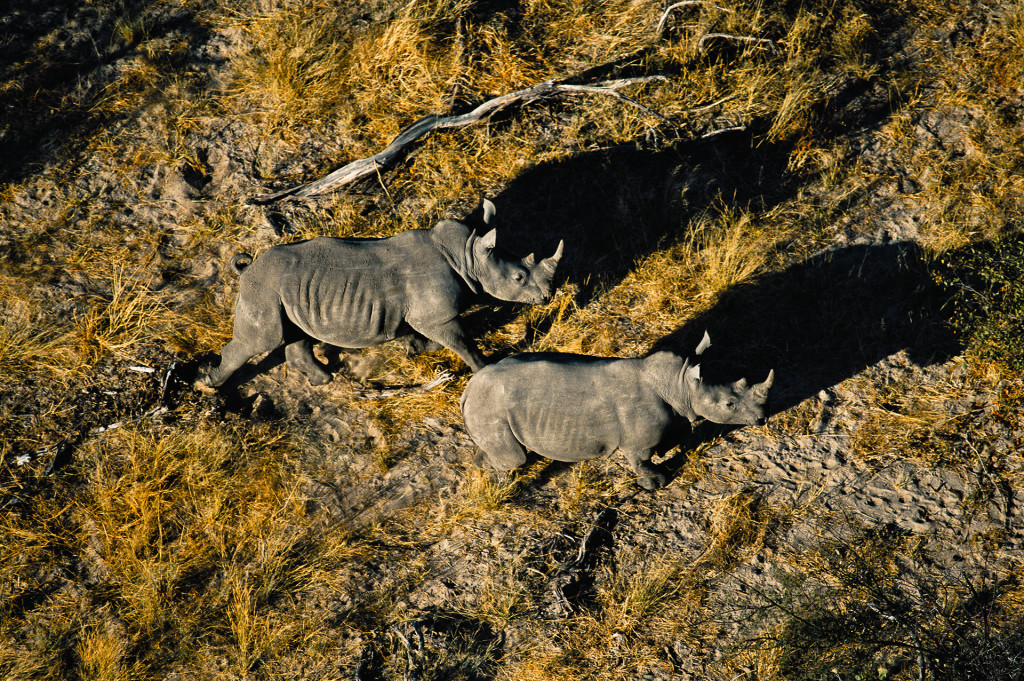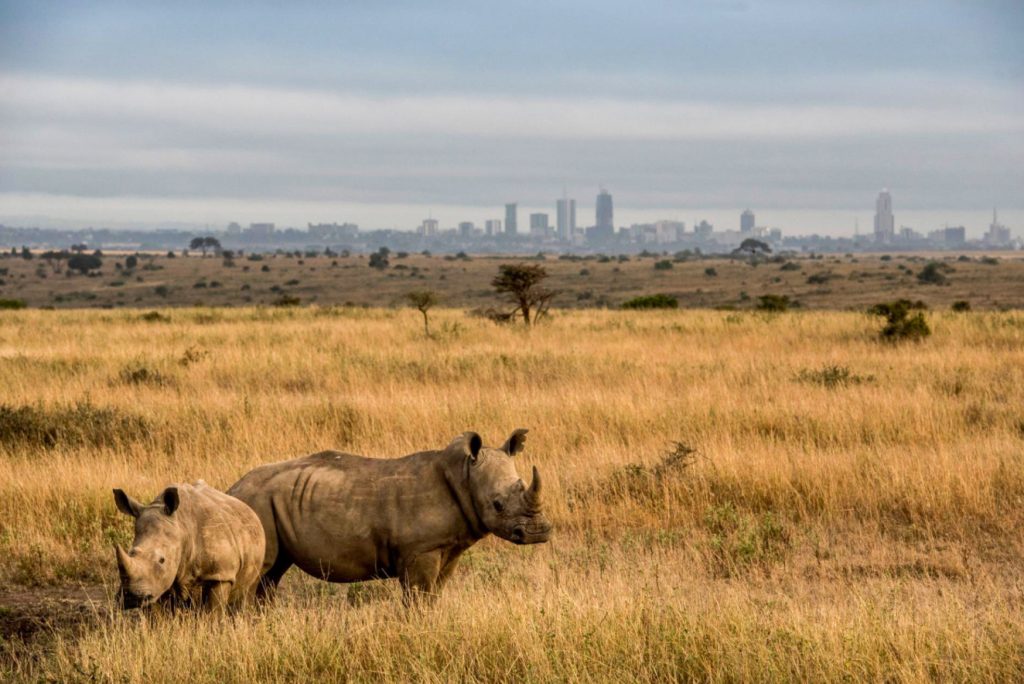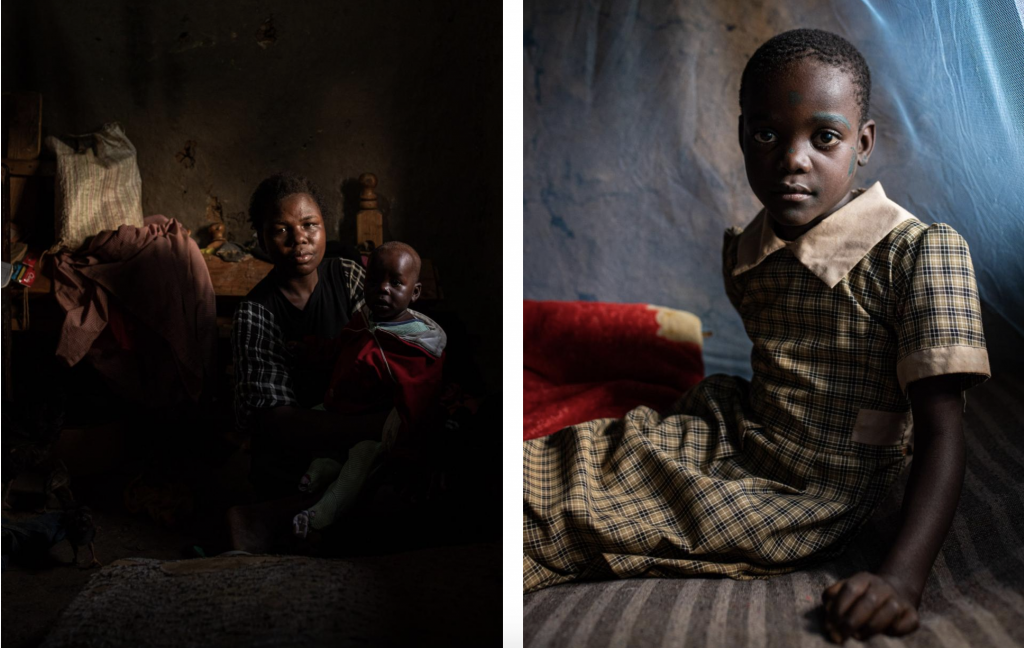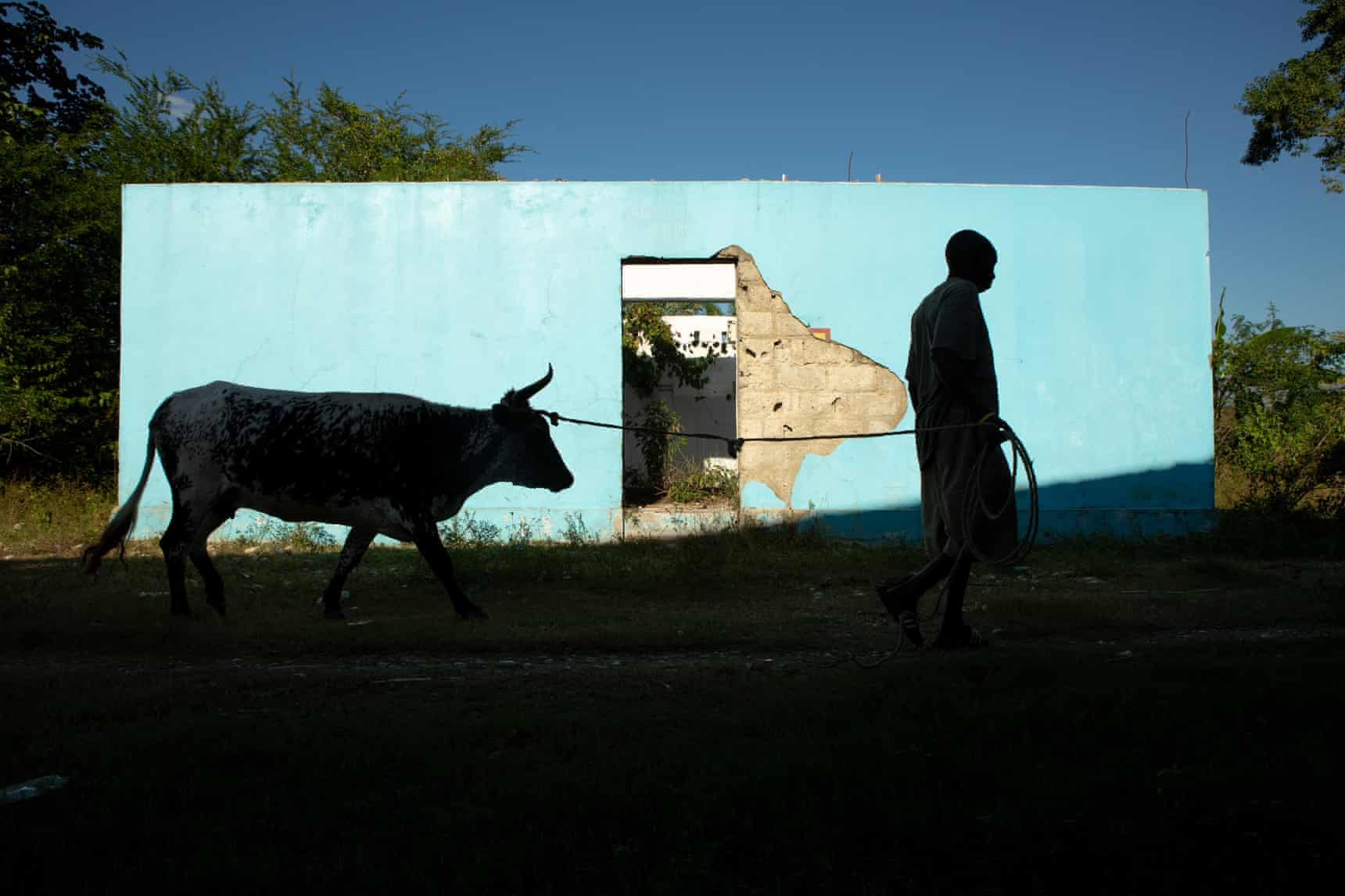A guide for journalists: How to report on human-wildlife conflict. Tips from the writers, editors and filmmakers who do it best.
science
The Chinese Company Eradicating Malaria in Africa
The AtlanticIn 2007, the Bill & Melinda Gates Foundation announced an ambitious endeavor: To eradicate malaria across the globe.
It was late to the game. That year, Chinese scientists working with a Chinese philanthropist had already begun eradicating malaria from the small African nation of Comoros. Now they’re setting their sights on a more ambitious location: Kenya, the East African nation of nearly 50 million people.
Read: The Atlantic

Listen: The China Africa Podcast
Resurrection Science
WIREDBiologists Could Soon Resurrect Extinct Species. But Should They?
“Until we make space for other species on Earth, it won’t matter how many animals we resurrect,” writes M.R. O’Connor in her book Resurrection Science. “There won’t be many places left for them to exist.”
“Paradoxically, the more we intervene to save species, the less wild they often become.”
Read: WIRED
Railway Splits Kenya’s Parks, Threatens Wildlife
National GeographicAs dawn breaks, nine Kenya Wildlife Service rangers dressed in camouflage and brandishing rifles assemble at an airstrip. They are equipped with a Cessna, a helicopter, and a caravan of Toyota Land Cruisers. Their mission: find, tranquilize, and collar Tsavo’s savanna elephants to see how well they traverse a new rail line that has recently split their habitat in two. It is the first time in history that elephants are being collared specifically to study how they interact with human infrastructure.
Scientists hope a new vaccine will reduce malaria in Africa. But is it worth the cost?
National GeographicThe New Vaccine you Haven’t Heard Of
New Scientist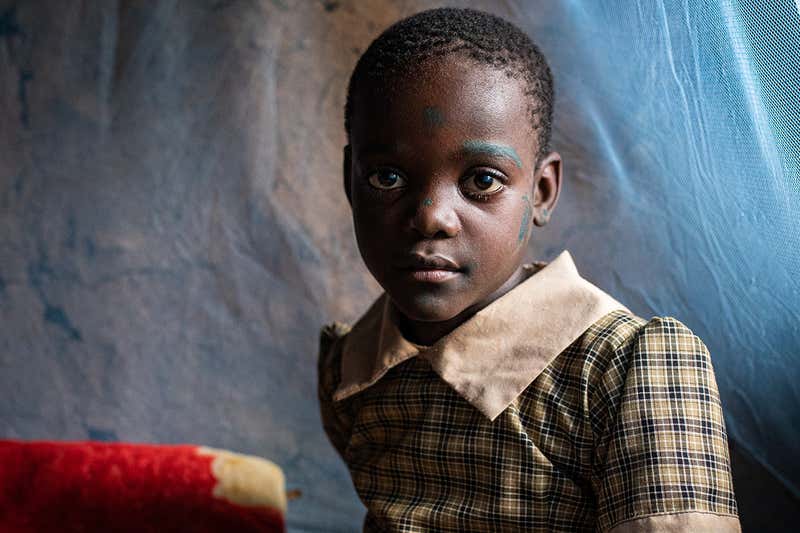
Eight-year-old Trizah Makungu sits on the bed she shares with her parents, protected by a mosquito net. These nets, which cost about $5 in the local market, have helped save millions of lives. / Lena Mucha
While most of the world is focusing on new vaccines for the coronavirus, thousands of Kenyan children are finally receiving a longed-for malaria vaccine, 37 years after development on it started.
Read: New Scientist
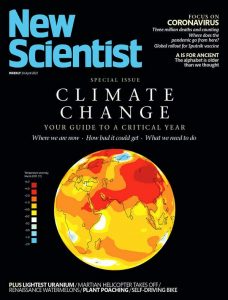 May 1, 2021 edition
May 1, 2021 edition
With Support from the European Journalism Centre
A Factory of Clouds
BBCIn Africa’s Great Rift Valley, tectonic shifts are underway. Kenya is harvesting them to power its future.
Drive along the dusty dirt road that winds through Kenya’s Hell’s Gate National park, past the zebra, gazelles and giraffes, and you’ll see a plume of steam shooting skyward in the distance. Vehicles must sometimes swerve to avoid running over warthogs as they enter a vast valley dotted with dozens of steam vents – a factory of clouds.
Blasts of steam billow loudly, releasing heat from deep within the Earth. But even more powerful is the steam you don’t see: that which twists through miles of tubes to push past turbines, generating a type of clean energy that won’t run out for millions of years.
Read: BBC Full Steam Ahead
The End of an Epidemic
The GuardianTen years after UN Peacekeepers introduced cholera to Haiti, against all odds, Haiti’s cholera crisis now appears to be over.
Read: How Haiti Curbed Cholera
Supported by the Pulitzer Center.
Nudging in Nairobi
U.S. News & World ReportAn emerging science is helping Kenyans make smarter decisions about bargaining, sanitation and more.
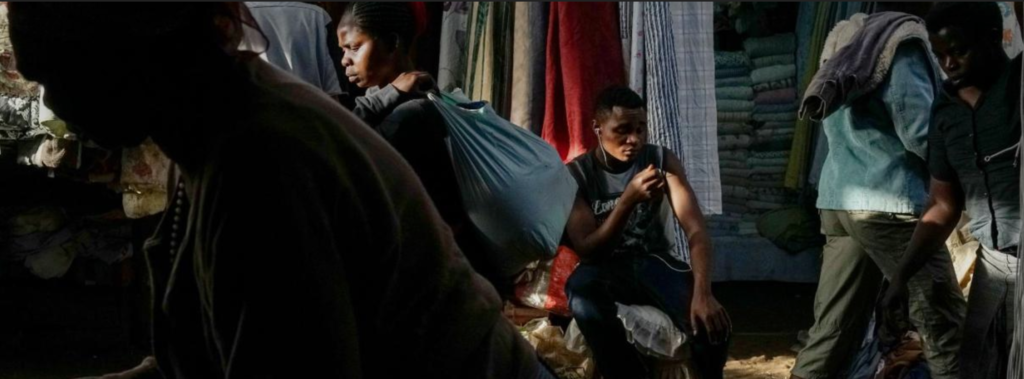 Last year at primary schools in western Kenya, social scientists were busy performing dirty skits in front of hundreds of children. The script went like this:
Last year at primary schools in western Kenya, social scientists were busy performing dirty skits in front of hundreds of children. The script went like this:
The facilitator pretends to go to the bathroom behind a tree, then wipes using a thin leaf or piece of paper. But the leaf or paper rips, and she reacts with surprise upon getting (imaginary) feces on her hand. But she doesn’t wash her hands. Instead she wipes them on her clothes, then goes to shake the hand of one of the students, or picks up a mandazi – a doughnut – and offers it to a student to eat.
The students recoil in disgust, and the facilitator’s work is done: She has just implanted a “disgust trigger” into the kids’ brains – a simple, but powerful psychological reminder that forgetting to wash your hands is gross. And it works.
Welcome to behavioral psychology, the emerging science that seeks to nudge people to make smarter decisions.
Read the full story at U.S. News & World Report.
Kenya’s health system on the verge of collapse as doctors’ strike grinds on
The GuardianKenya’s hospitals have almost ground to a halt, with millions facing a third month in a row without healthcare as doctors strike over low pay and poor working conditions.
The public healthcare system has long been overburdened and underfunded, but has now virtually stopped functioning after 5,000 doctors walk out in December after attempts to reach a compromise with the health ministry stalled.
“The machines break down frequently, the doctors are overwhelmed. The patients, they are so many that they are lying on the ground,” said Dr Judy Karagania, an ophthalmology resident at Kenyatta National hospital (KNH) in Nairobi, who is taking part in the industrial action.
Karagania and her colleagues are refusing to return to work until the government makes good on a 2013 agreement to dramatically increase salaries, hire thousands of new doctors and address drug and equipment shortages.
As the standoff drags on, Kenyans are suffering from the lack of care.
“The army doctors are turning away patients,” said Karagania, who normally works as a resident medical officer at KNH. “They’re only handling the emergencies of emergencies.”
Read the full article in The Guardian.
In East Africa, empowering passengers to demand a safe ride
U.S. News & World Report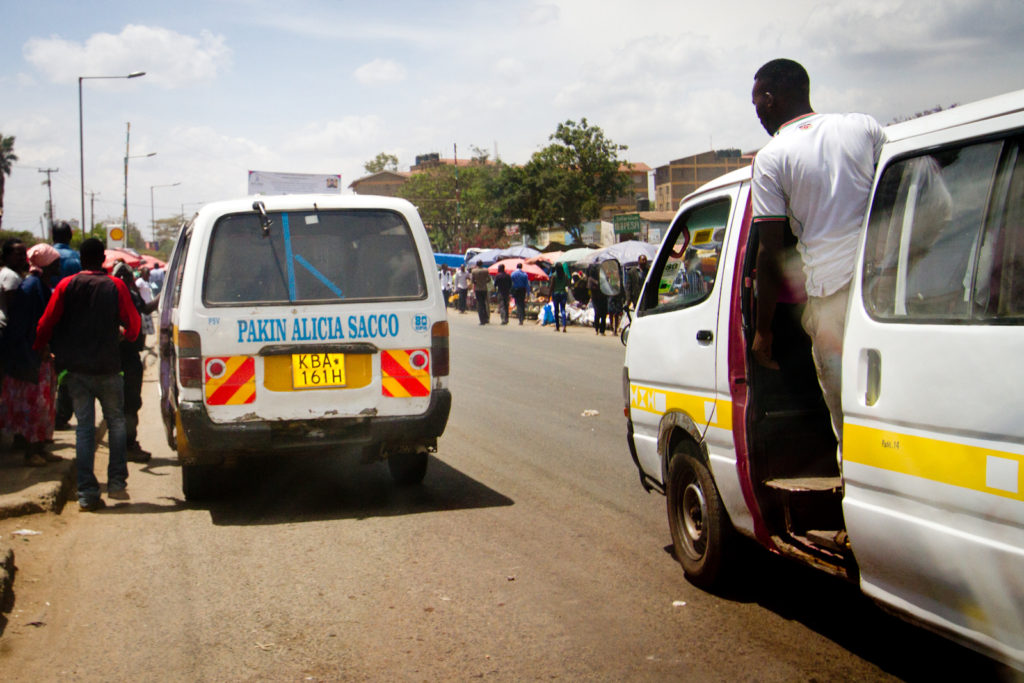
/JACOB KUSHNER
NAIROBI, Kenya — On a sunny afternoon in Nairobi, 37-year-old Francis Raymond Adika climbs into the front seat of a matatu, or public transit van, and slides next to the driver.
“I lost my brother in an accident,” says Adika. On August 15, 2001, a matatu was speeding down the wrong side of a two-lane road in Nairobi trying to pass traffic. When it swerved back into the correct lane it slammed headfirst into a truck. Adika discovered his brother’s body in the Nairobi morgue. He was 19, just days away from his high school graduation.
A Jesuit missionary who travels extensively across Africa, Adika says it isn’t just in Kenya where people lose their lives to reckless driving. “I lived in Tanzania, Zimbabwe, Zambia – the carnage was just the same.”
Each year, 1.24 million people die in road accidents worldwide. By 2030 that number is expected to triple to 3.6 million, making road deaths the fifth-largest cause of death in the developing world – worse than AIDS or even malaria, according to the World Health Organization. Africa is the hardest hit, with 26 road deaths for every 100,000 people – nearly 50 percent above the global average.
But a series of scientifically rigorous, randomized control studies by Georgetown University may have found a simple way to dramatically reduce deaths on East African roads. By placing stickers inside buses and matatus that encouraged passengers to tell their driver to slow down, researchers discovered that the number of insurance claims fell by half for long-distance vehicles and by one-third overall.
Read the full article at U.S. News & World Report.
Can Science Save Development Aid?
Pacific Standard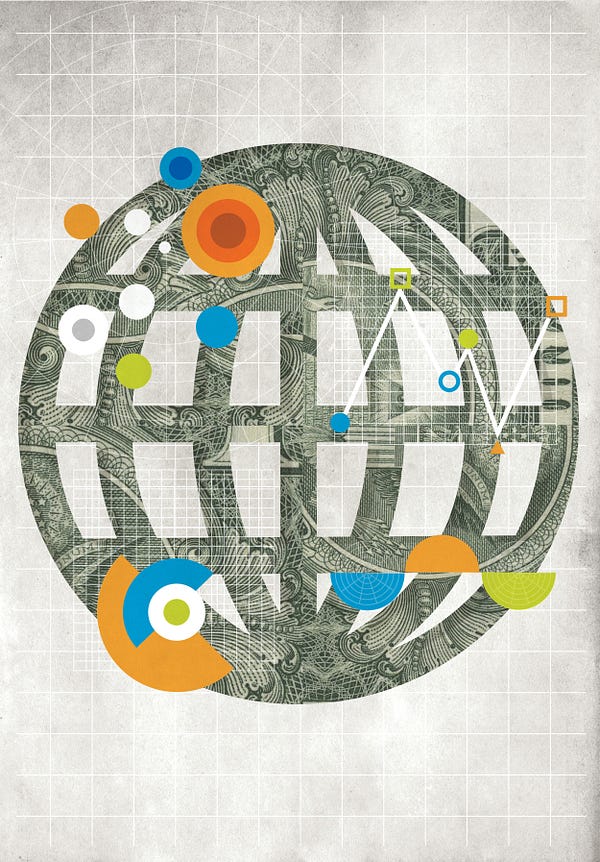
(Illustration: Chad Hagen)
Randomized controlled trials are the popular centerpiece of an emerging data-driven approach to figuring out precisely the best way to end poverty. Can a return to the scientific method fix the global aid industry?
For too long, “accountability” in the aid industry has meant nothing more than ensuring that a donor’s money was spent the way an agency said it would be. Rarely did organizations examine whether their spending achieved a positive impact (improved access to water, for example), much less one that stood the test of time (meaning the well didn’t dry up).
But recently, many aid organizations, including theInternational Rescue Committee, a New York humanitarian aid group specializing in refugee assistance, have used RCTs to, among other things, evaluate methods for nudging parents in Liberia toward more effective parenting techniques and tocreate highly effective community savings-and-loan programs to combat poverty in Burundi. It’s easy to see why charities are attracted to RCTs: They can make an aid agency’s work more efficient and ge nerate solid evidence of progress to show funders.
nerate solid evidence of progress to show funders.
As organizations continue to conduct more of them, RCTs are disproving many myths upon which we’ve designed development aid for years, not least of which is our longtime preference for projects over cash. If the data shows, as the RCT of GiveDirectly’s Kenya program did, that it’s most effective to hand a family $1,000 with no strings attached, then that’s precisely what we should do.
Read: July/August print edition of Pacific Standard Magazine

From human waste to community space
Solutions&Co
Photo / JACOB KUSHNER
On an overcast morning in Nairobi, commuter buses drive down a crumbling road into Kibera, a densely packed slum. A sign at the bus station reads “public toilets,” but the doors are locked.
It’s estimated that Kibera has just one toilet for every 2,500 of its approximately 250,000 residents. Without toilets to relieve themselves, people “use any means, whether it’s a [plastic] bag or a can,” explained Fred Amuok, Community Liaison for a Kenyan rights-based organization called Umande Trust.
The World Health Organization estimates that 1.5 million people die every year from diarrhea, often the result of poor sanitation. There’s also a financial cost: studies show that Kenya loses US$324 million each year in missed work hours due to sickness brought on by poor sanitation. According to the sanitation company Sanergy, four million tonnes of fecal sludge escape into Kenya’s waterways and fields every year.
But Umande Trust has come up with an innovative approach to providing affordable toilets for Kibera’s residents and turning human waste into cooking fuel–one that’s already been working for more than a decade.
Read the full story as it appeared on Impact Journalism Day 2016 at Solutions&Co by SparkNews.
Mystery of the rising Caribbean lakes
Christian Science Monitor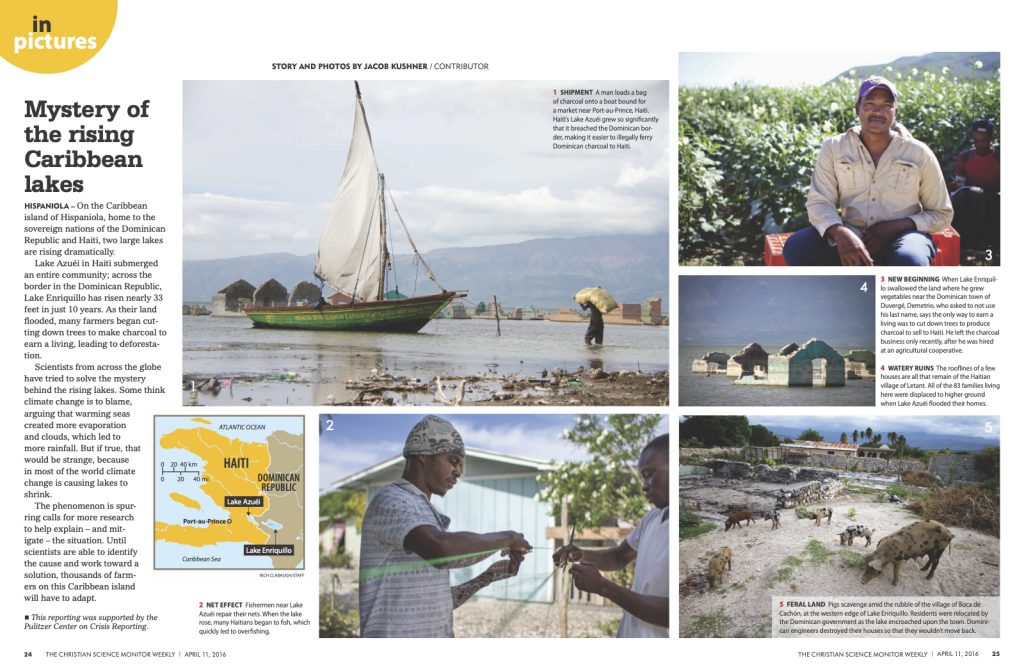
HISPANIOLA – On the Caribbean island of Hispaniola, home to the sovereign nations of the Dominican Republic and Haiti, two large lakes are rising dramatically.
Lake Azuéi in Haiti submerged an entire community; across the border in the Dominican Republic, Lake Enriquillo has risen nearly 33 feet in just 10 years. As their land flooded, many farmers began cut-ting down trees to make charcoal to earn a living, leading to deforestation.
Scientists from across the globe have tried to solve the mystery behind the rising lakes. Some think climate change is to blame, arguing that warming sea created more evaporation and clouds, which led to more rainfall. But if true, that would be strange, because in most of the world climate change is causing lakes to shrink.
 The phenomenon is spur- ring calls for more research to help explain – and mitigate – the situation. Until scientists are able to identify the cause and work toward a solution, thousands of farmers on this Caribbean island will have to adapt.
The phenomenon is spur- ring calls for more research to help explain – and mitigate – the situation. Until scientists are able to identify the cause and work toward a solution, thousands of farmers on this Caribbean island will have to adapt.
This reporting was supported by the Pulitzer Center on Crisis Reporting.
The Science of Donating to Effective Charities
Columbia Global Reports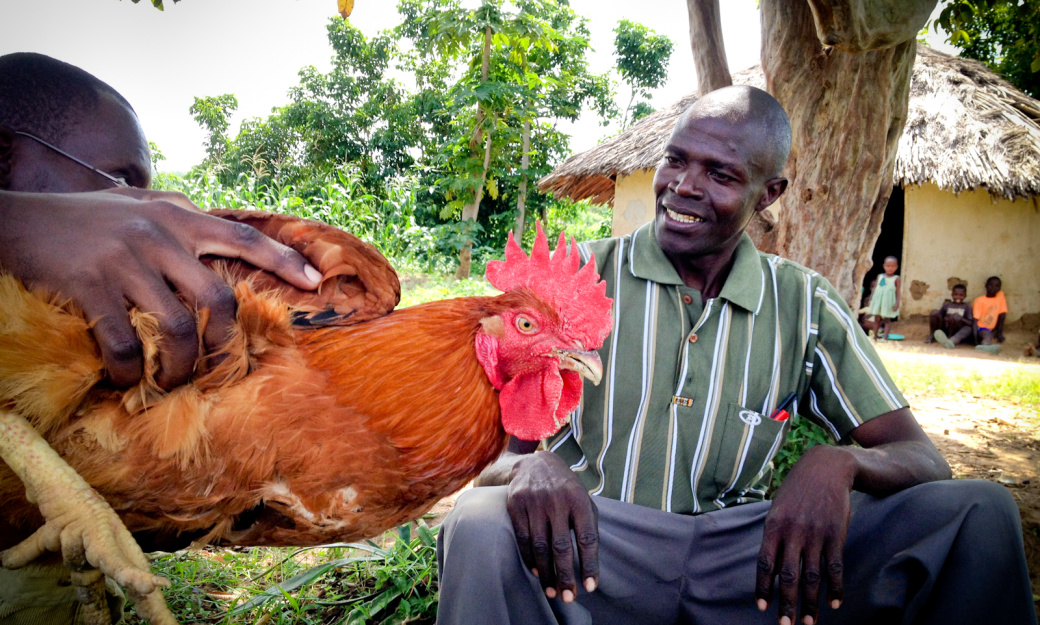
GiveDirectly makes unconditional cash transfers to people via mobile phones—this man in Western Kenya used the money to start a business raising and selling chickens. Photo by Jacob Kushner.
Each year, individuals donate hundreds of billions of dollars to charities. Last month, GiveWell, the science-minded philanthropy evaluator, announced that in 2015, as a direct result of its research, more than $98 million in donations went to charities it found to be the most effective at doing good in the world. By reviewing randomized control trials and other studies conducted on different development aid programs across the globe, GiveWell recommends a few “top charities” whose methods have been scientifically tested to offer the most bang for our buck.
A control trial is an experiment that tests one variable at a time, and compares the results to a control group. Random means that instead of letting participants come to you, you go to them, assigning them randomly to either the test group or the control, to avoid self-selection bias.
This is the way that major pharmaceutical companies vet new medicines or advertising agencies test audience reactions to proposed TV commercials. The CDC wouldn’t approve a new drug from Merck simply because Merck says it works and can offer a couple of anecdotes to that end, but unfortunately, that’s how many charities appeal to individual donors. Why is it that when it comes to development aid, our standards are so much lower?
That’s the question being posed by a growing number of “effective altruists,” a term popularized by the Australian philosopher Peter Singer. “Effective altruism,” writes Singer, “is based on a very simple idea: we should do the most good we can.”
Read the full article at Columbia Global Reports.
